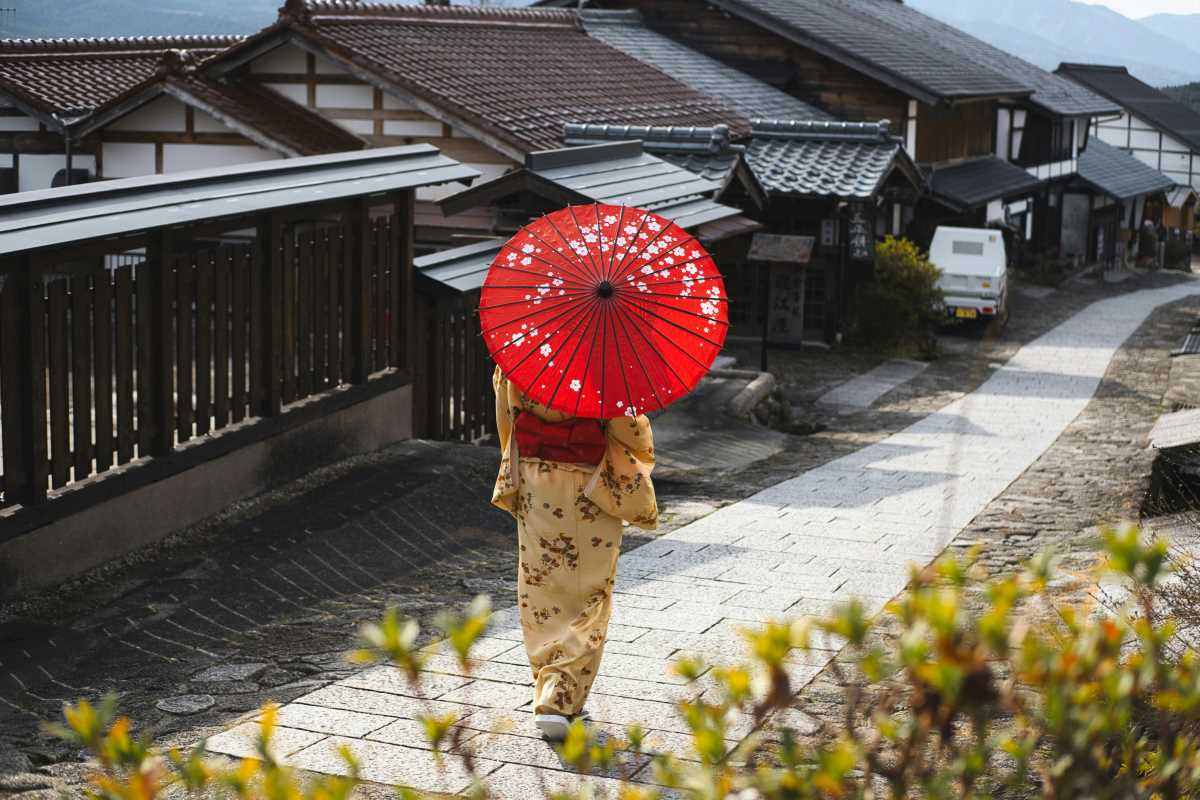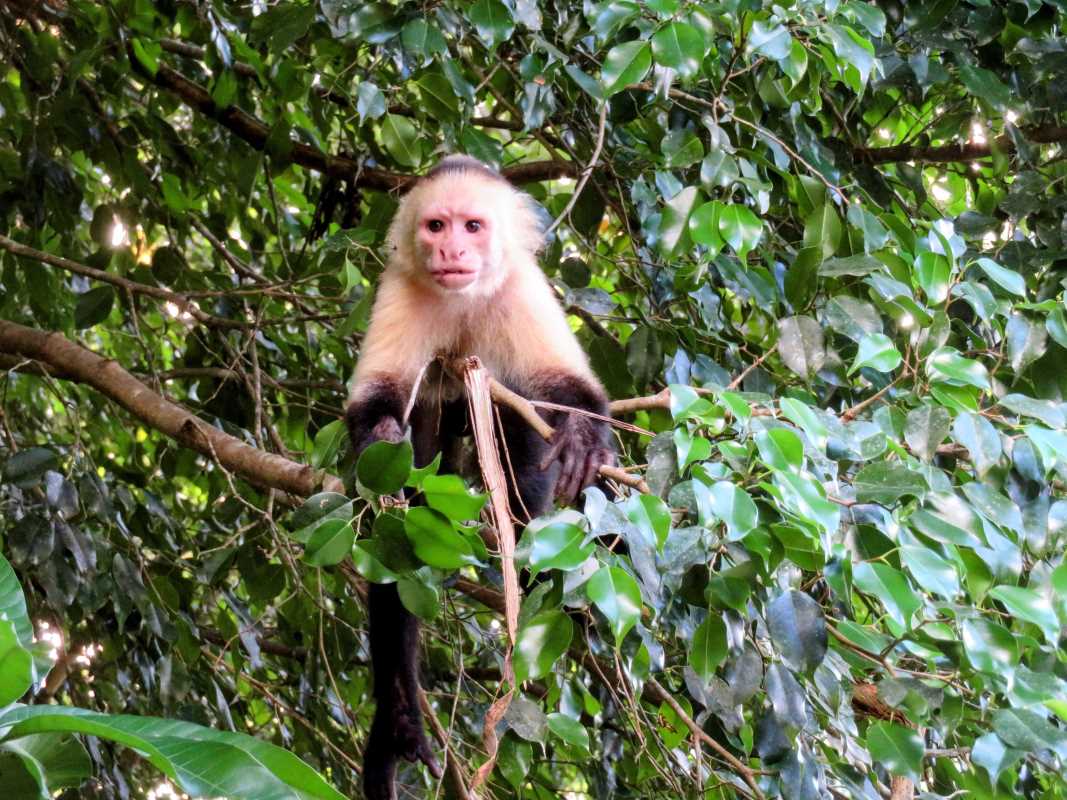In the era of mass tourism, travelers are increasingly seeking more authentic and meaningful ways to experience the world. Rather than sticking to conventional hotels and resorts, many are turning to homestays to immerse themselves in local culture and gain a deeper understanding of their destination. Homestays offer a unique opportunity to stay with local families, experience their daily lives, and connect with traditions that are often inaccessible to casual tourists. This article explores some of the most unique homestay experiences around the world, highlighting how they foster meaningful cultural connections.
Living with Nomadic Tribes in Mongolia
For those seeking a truly immersive cultural experience, staying with a nomadic family in Mongolia offers a once-in-a-lifetime opportunity to witness the ancient traditions of the Mongolian steppes. The Mongolian nomadic lifestyle revolves around herding livestock, and many families still live in traditional yurts (known as gers) that are easily assembled and disassembled as they move with the seasons.
Homestays with nomadic families allow visitors to take part in daily chores like milking yaks, making cheese, or riding horses across the vast, open landscape. Depending on the time of year, guests may also be able to participate in the iconic Naadam Festival, a celebration of Mongolian heritage featuring traditional sports like wrestling, archery, and horse racing.
By staying in a ger and engaging in the daily routines of a nomadic family, travelers can gain insight into a lifestyle that has been practiced for centuries, while forging connections with people who live in harmony with the natural world. It’s an experience that brings travelers closer to the traditions and customs of Mongolia’s indigenous communities, all while embracing the warmth and hospitality of the Mongolian people.
Cooking and Crafting in Vietnam’s Villages
Vietnam is a country known for its rich culinary traditions, and a homestay in one of its rural villages offers travelers the chance to explore authentic Vietnamese cuisine and handicrafts firsthand. Many Vietnamese homestays offer cooking classes where guests can learn how to prepare local dishes, such as pho (noodle soup), banh xeo (savory pancakes), or goi cuon (spring rolls). These cooking classes often take place in local kitchens, where ingredients are freshly sourced from nearby markets or even the family’s own garden.
In addition to culinary experiences, some homestays in Vietnam also offer traditional crafting lessons, such as making silk or lacquerware. Staying with artisans who have honed their craft over generations allows guests to witness the meticulous process of creating intricate, handcrafted items, while learning about the cultural significance behind each piece.
Staying with a local family in Vietnam provides a personal connection to the country’s food, art, and traditions. Whether you’re helping prepare a meal, learning a craft, or simply spending time with the family, the experience fosters a deeper appreciation for the local culture.
Eco-Friendly Homestays in Costa Rica
Costa Rica is known for its biodiversity and commitment to environmental conservation. For those who wish to experience the country’s natural beauty while learning about sustainable living, eco-friendly homestays provide the perfect opportunity. Many rural families in Costa Rica have adopted environmentally conscious lifestyles, using renewable energy, practicing organic farming, and promoting conservation efforts.
Homestays in Costa Rica often include guided nature walks, bird watching, and visits to nearby national parks where guests can observe wildlife in its natural habitat. Some homestays even provide hands-on experiences such as harvesting coffee beans, making chocolate from local cacao, or planting trees to contribute to reforestation efforts.
These eco-homestays are perfect for travelers who want to engage with local communities while supporting sustainability initiatives. By staying in a home that prioritizes environmental stewardship, guests can gain a greater understanding of Costa Rica’s unique ecosystems and the importance of protecting them for future generations.
Rural Japan: Immersing in Tradition and Tea Culture
In rural Japan, homestays offer visitors a unique chance to step back in time and experience the country’s ancient traditions, particularly its tea culture. Japan’s rural regions, like the tea-growing areas of Shizuoka or Kyoto’s outskirts, provide a serene setting for those seeking a connection to Japan’s spiritual and cultural roots.
During a homestay in a Japanese farmhouse, travelers can participate in traditional activities like making tea from freshly harvested leaves, learning about the meticulous process of tea preparation, or even attending a traditional Japanese tea ceremony. These ceremonies, which are deeply rooted in Zen Buddhism, emphasize mindfulness, respect, and the beauty of simplicity. Visitors may also have the chance to stay in a tatami room, sleep on futons, and experience the art of Japanese hospitality, known as omotenashi.
Living with a local family in rural Japan allows travelers to witness firsthand the importance of customs and rituals that have been passed down through generations. It’s an opportunity to slow down, reflect, and immerse oneself in the subtle beauty of Japanese culture.
Homestays in the Andes: Connecting with Indigenous Communities
The Andes mountains stretch across several countries in South America, and homestays with indigenous families in this region offer travelers an unforgettable glimpse into traditional life that has remained largely unchanged for centuries. Countries like Peru and Bolivia have thriving indigenous communities that continue to maintain their cultural practices, from weaving intricate textiles to farming ancient crops like quinoa and potatoes.
In Peru, homestays in the Sacred Valley allow travelers to connect with the indigenous Quechua people, learning about their spiritual beliefs, agricultural techniques, and the historical significance of the ancient Inca civilization. Visitors may participate in traditional weaving workshops, learn about sustainable farming methods, or join in a ceremonial ritual designed to honor the land.
Homestays with indigenous families in the Andes also provide a chance to explore the region's stunning natural beauty, from the majestic peaks of Machu Picchu to the serene lakes of Bolivia. Staying with a family and engaging in local customs fosters a deep respect for the culture while also contributing to the preservation of indigenous traditions.
 (Image via
(Image via





